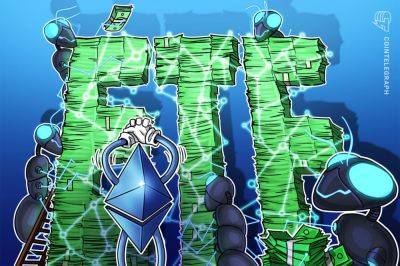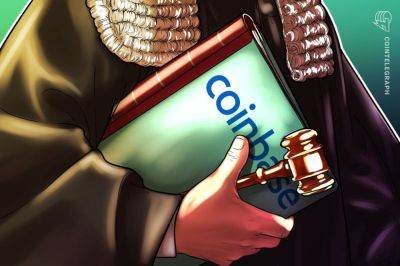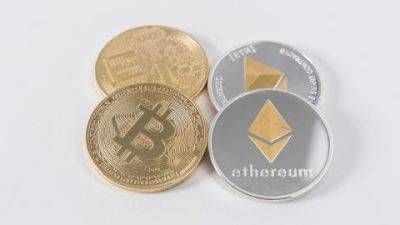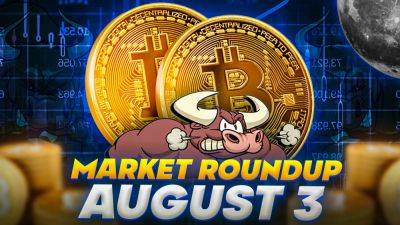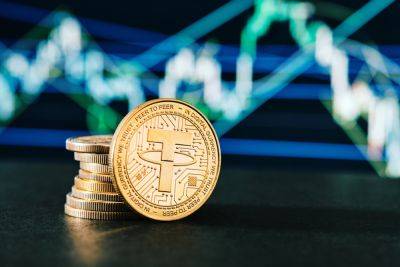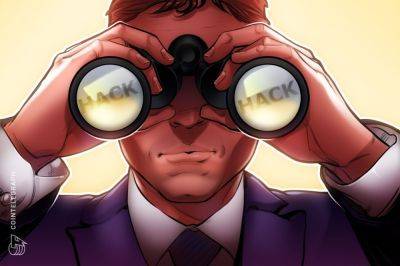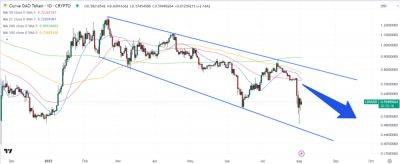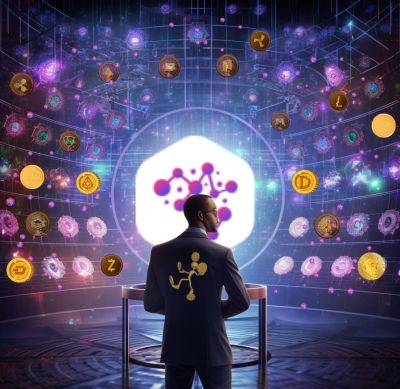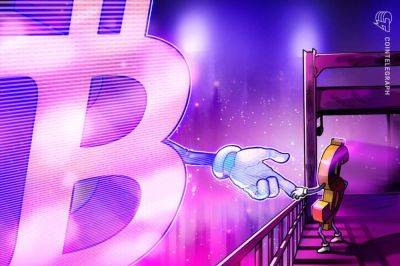Bitcoin has entered a civil war — Over ‘art’
In an email dated Jan. 17, 1993, Hal Finney — a developer and early contributor to Bitcoin — shared the concept of “encrypted digital cards,” which are now known as nonfungible tokens (NFTs).
“Giving a little more thought to the idea of buying and selling digital cash, I thought of a way to present it,” Finney wrote at the time. “We’re buying and selling ‘cryptographic trading cards.’”
The most fascinating detail of his email lies in the fact that, by sharing this idea, Finney intended to facilitate the understanding of the concept of digital money. His vision foreshadowed what we saw in 2021 with the NFT boom. Overnight, the crypto space shifted from being solely about financial decentralization to also encompassing the decentralization of art, gaming, entertainment and more.
The narrative that was once theoretical and pushed forcefully became practical and part of the daily culture of millions of people who had never considered buying cryptocurrencies before. And with the introduction of the Ordinals protocol in early 2023, we are witnessing the emergence of such cases.
Related: Bitcoin fragments could become more valuable than full Bitcoins
However, this movement is not being well-received by some “red-eyed guardians.”
In February 2023, the Taproot Wizards achieved a notable feat using the Ordinals protocol. They generated the largest block ever recorded in Bitcoin’s history at that time, reaching nearly 4 megabytes in size.
Their goal was clear: to challenge the existing norms and cultivate an experimental and rebellious mindset within the Bitcoin ecosystem. More than 14 million inscriptions have occurred since the “Wizard Block,” generating something magnificent: a circular digital economy where assets are priced,
Read more on cointelegraph.com


